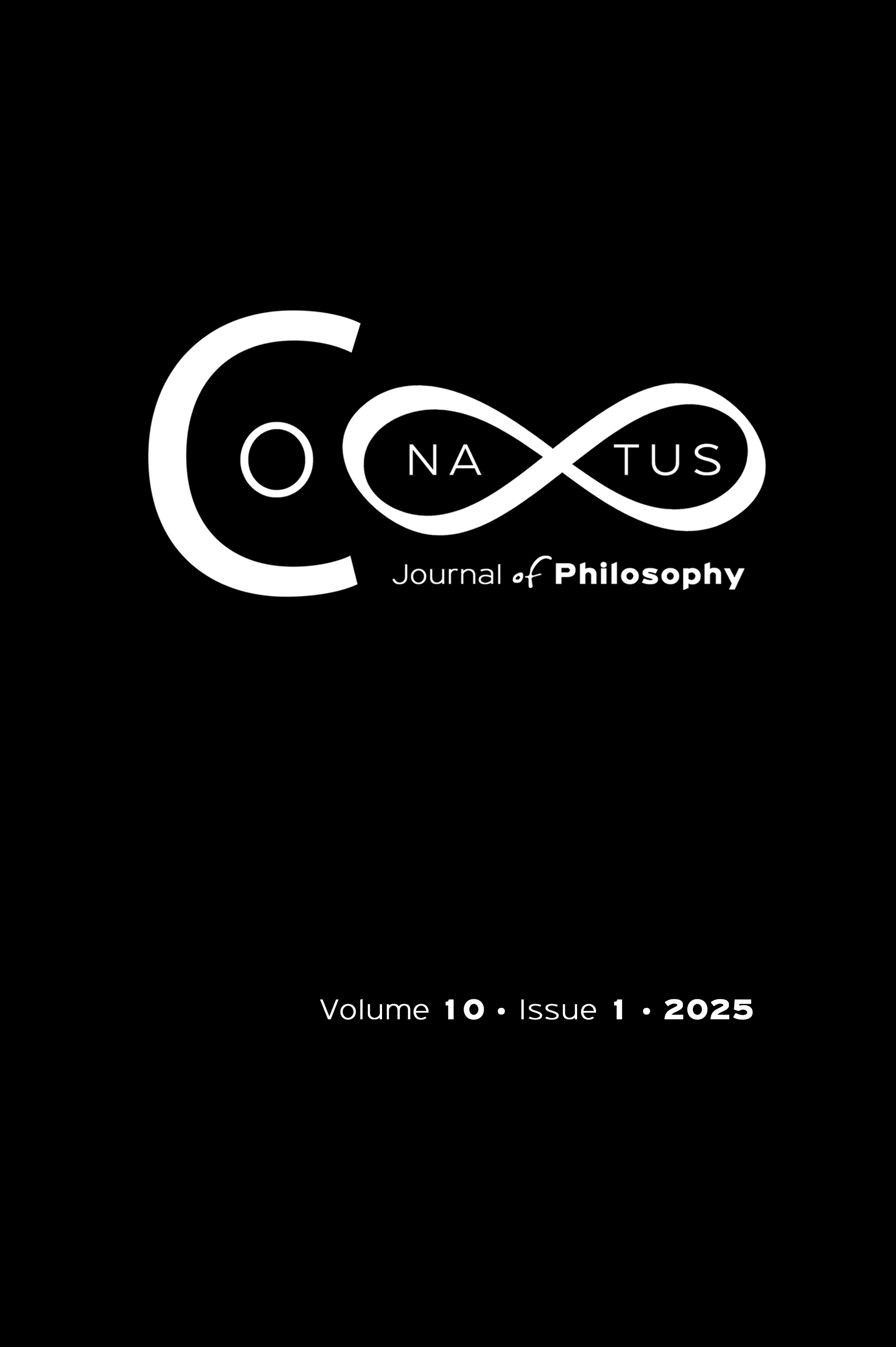Multiple Realizability in the Nature of the Mind and Its Implications for SETI

Abstract
Responding to Putnam’s computational hypothesis of the mind and the adoption of the Turing machine, it is argued by Churchland and Searle (biological naturalists) that the implementing organic structure is necessary in understanding the nature of mental states. This paper notes that if the term “necessity” is understood in terms of “withoutness,” then it is argued, from the idea of multiple realizability, that no particular implementing structure is necessary to the nature of the abstract mental state. Furthermore, drawing implications from the analysis, the paper shows how limited and unjustified human understanding and generalizations about the issue of mental states can be when viewed only from an anthropocentric perspective, and the dire implications this brings on the search for extraterrestrial intelligence (SETI). The paper concludes that there is a need to review our methodology and reorient our technology to make a more promising search. The paper employs philosophical argumentation and analysis as tools of assessment of the metaphysical hypothesis.
Article Details
- How to Cite
-
Oyelakin, R. T. (2025). Multiple Realizability in the Nature of the Mind and Its Implications for SETI. Conatus - Journal of Philosophy, 10(1), 193–206. https://doi.org/10.12681/cjp.30907
- Section
- Articles

This work is licensed under a Creative Commons Attribution-NonCommercial 4.0 International License.
Authors who publish with this journal agree to the following terms:
Authors retain copyright and grant the journal right of first publication with the work simultaneously licensed under a Creative Commons Attribution Non-Commercial International License (CC BY-NC 4.0) that allows others to share the work with an acknowledgement of the work's authorship and initial publication in this journal.
Authors are able to enter into separate, additional contractual arrangements for the non-exclusive distribution of the journal's published version of the work (e.g. post it to an institutional repository or publish it in a book), with an acknowledgement of its initial publication in this journal.
Authors are permitted and encouraged to post their work online (preferably in institutional repositories or on their website) prior to and during the submission process, as it can lead to productive exchanges, as well as earlier and greater citation of published work.





